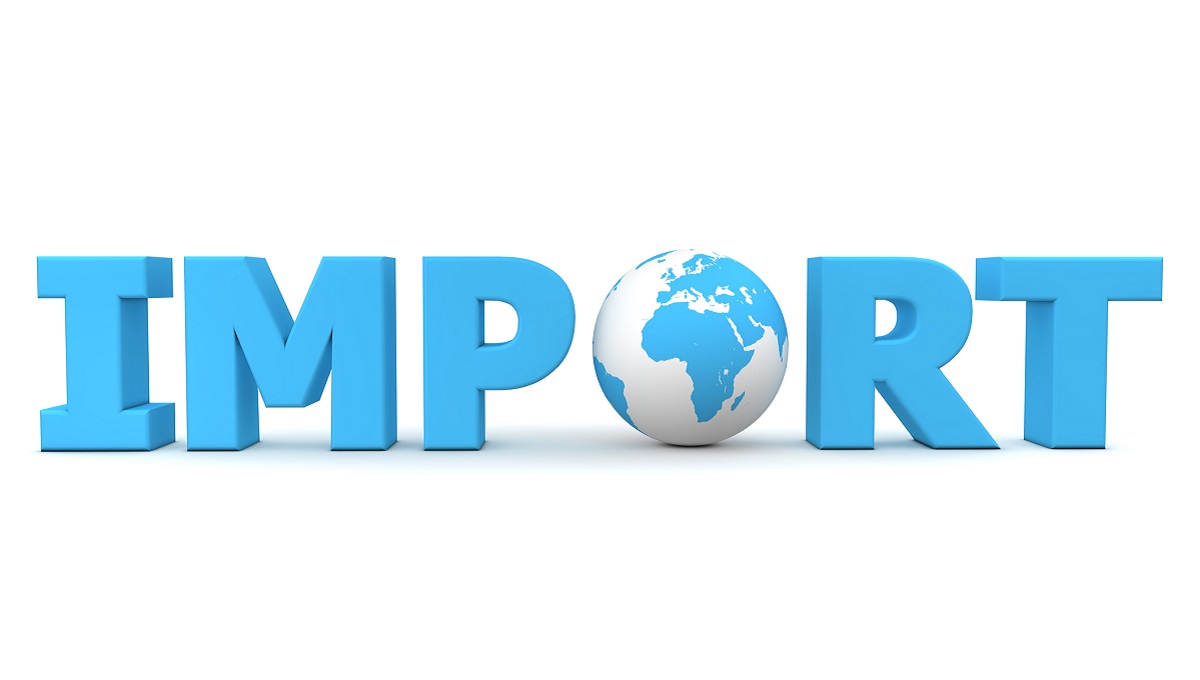Australia is proposing changes to food safety requirements for several imported foods. The Department of Agriculture, Fisheries and Forestry has opened a consultation on the plans that cover dates, melons, enoki mushrooms, pufferfish, and kava. Food Standards Australia New Zealand (FSANZ) has published risk advice for these foods.
The agency identified hazards that present a possible risk. These foods have the potential to pose a medium to high risk to public health for one or more foodborne pathogens. The five items will be classified as a risk food, instead of a surveillance food, and Australian regulators are proposing new risk management measures for their import.
The rate of inspection starts at 100 percent and then drops to 25 percent of consignments following five consecutive passes. It is reduced to 5 percent after a further 20 consecutive passes but is increased to 100 percent if a risk food fails an inspection. Dates and enoki mushrooms Fresh dates that are ready-to-eat (RTE) would be classed as a risk food.
Imports will need a valid recognized food safety management certificate. Dates are referred for inspection and testing at a rate of 5 percent, so samples must comply with maximum residue limits in the Food Standards Code. There is also a visual and labeling assessment.
Fresh dates of the species Phoenix dactylifera (date palm) are currently permitted from Egypt, Iran, Israel, Morocco, and the United States. On average, 12,000 tons of dates were imported per year.


















